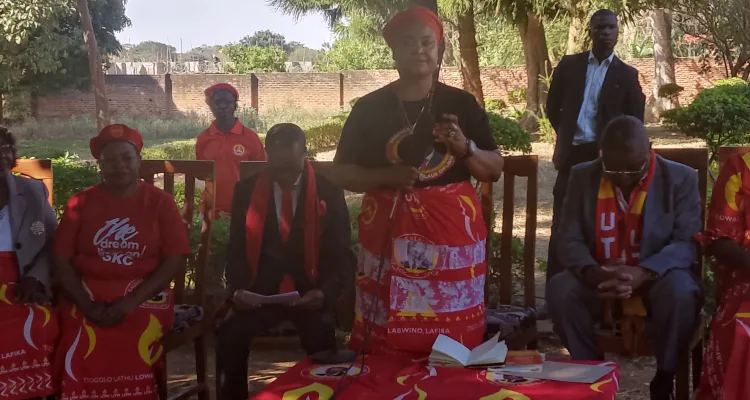
The recent withdrawal of the United Transformation Movement (UTM) from the Tonse Alliance has sparked a variety of reactions from different quarters. Here’s a snapshot of the diverse opinions expressed following the split:
Fischer Morgan’s perspective
Fischer Morgan attributes UTM’s departure to a mix of anger and frustration. He notes that the party, once beloved for its association with the late Saulos Klaus Chilima, now appears to be grappling with internal strife. According to Morgan, the void left by Chilima has led to infighting and a struggle for positions among UTM members, who are now seen as directionless without their charismatic leader.
Charles Mkonkholo’s analysis
Charles Mkonkholo views UTM’s exit as a revelation of deeper discontent. He believes that the dissatisfaction with MCP was apparent from the inception of the Tonse Alliance. Mkonkholo argues that UTM’s apparent reluctance to fully support MCP was masked by the alliance and that their actions were primarily driven by the influence of the late Chilima. He contends that this dissatisfaction has now come to light.
Andre Jimmy’s insight
Andre Jimmy, reflecting on Aubrey Mazibuko’s comments, emphasizes that MCP’s disregard for the feelings and contributions of UTM has been evident throughout the alliance. He argues that MCP underestimated the importance of the youth vote that UTM brought to the coalition, which played a crucial role in Chakwera’s ascension to the presidency. The lack of appreciation for Chilima’s sacrifice is seen as a significant factor in the alliance’s collapse.
Jones Kalumo’s take
Jones Kalumo supports UTM’s decision, citing the lack of direction and pervasive trust issues within the alliance. He believes that sticking to an agreement with no clear objectives and constant mistrust was untenable, making the split a logical conclusion.
Samuel Chidovu’s observation
Samuel Chidovu notes that the National Executive Committee (NEC) of UTM had not yet officially endorsed the decision to leave the alliance. This lack of formal endorsement suggests that there may still be ongoing discussions and deliberations within the party regarding the future direction.
Kandulu Man Junior’s reaction
Kandulu Man Junior expresses that UTM’s departure was not surprising. He had anticipated that the party would eventually sever ties with the alliance, given the growing tensions and unresolved issues.
Samuel Chisusu’s concern
Samuel Chisusu predicts that UTM’s exit could lead to the disintegration of the party. He argues that with the unifying factor of Chilima gone, the party might struggle to maintain cohesion and could face significant fragmentation.
Others
UTM’s decision to leave the Tonse Alliance is justified. The alliance, which initially promised transformation, failed to deliver tangible benefits for its supporters. The late VP Saulos Klaus Chilima, who was central to the party’s initial appeal, endured humiliation and neglect.
UTM’s departure highlights a critical realization: remaining in a dysfunctional alliance with no clear benefit or direction is counterproductive. For UTM, this split represents a necessary step towards reevaluating its position and future in Malawian politics.
The varied opinions reflect the complex dynamics at play within Malawian politics and underscore the challenges faced by political parties in maintaining effective and harmonious alliances.














